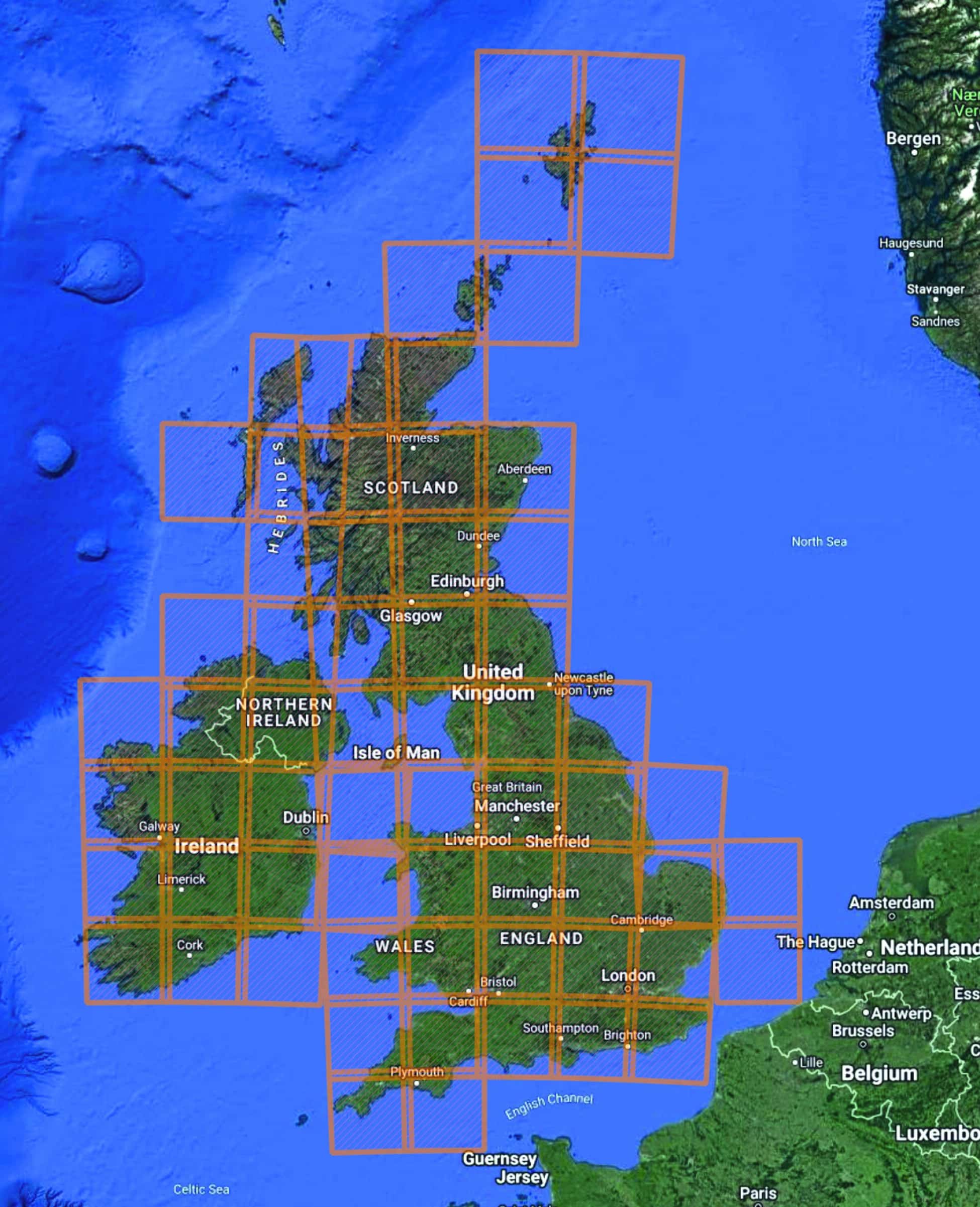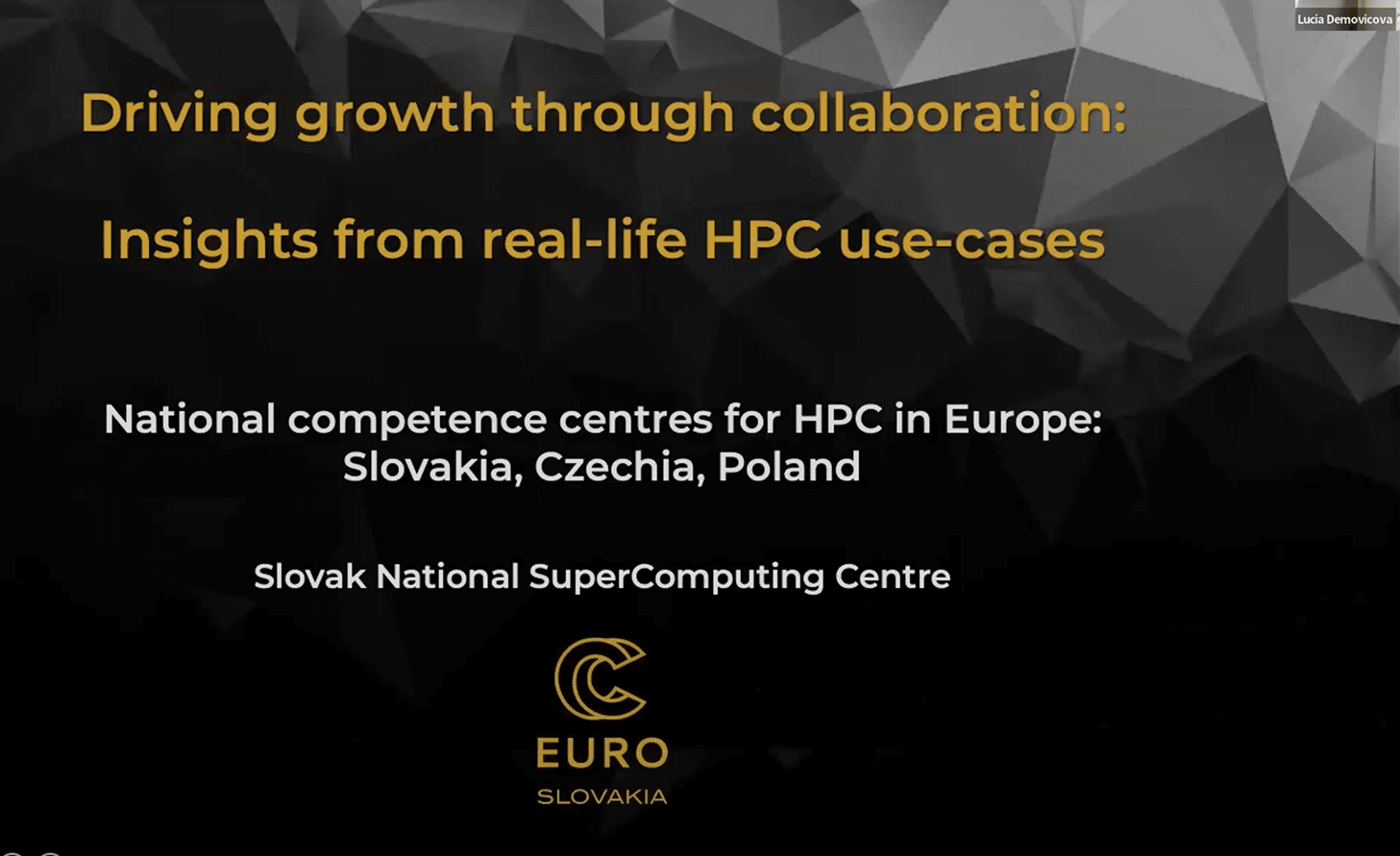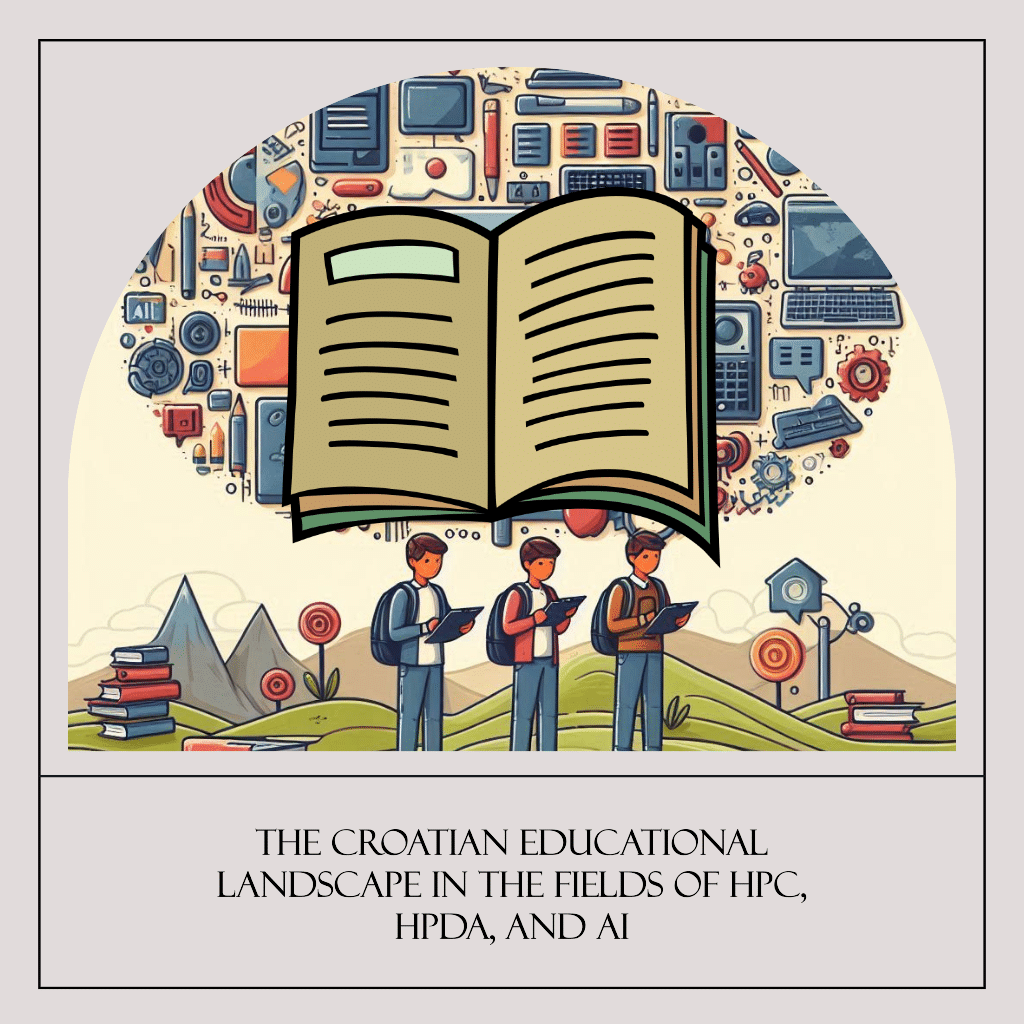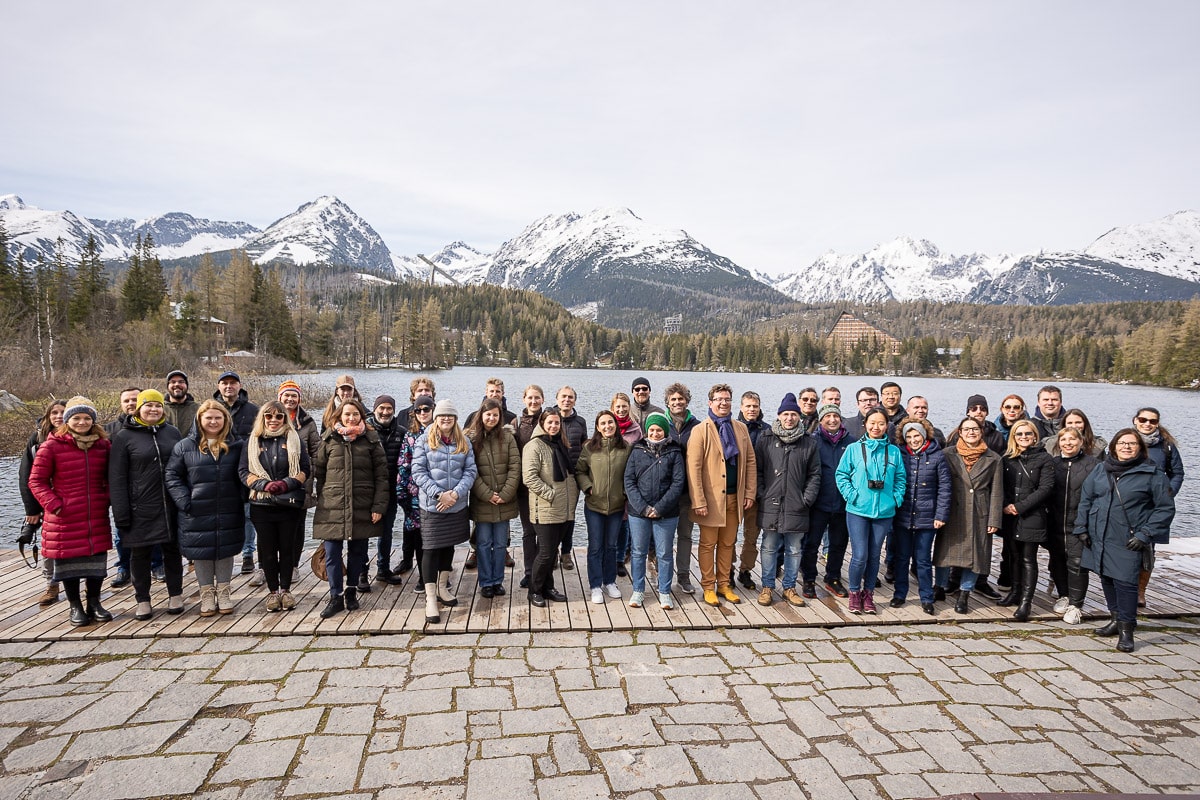One of the key objectives of EuroCC@UK is the transfer of knowledge to industry.
Two new success stories describe how EPCC, which leads EuroCC@UK along with the STFC’s Hartree Centre, has carried out pilot studies with local start-ups.
Revolutionising recycling with AI
The challenge
Recycling waste is one of the easiest ways to reduce the use of limited resources and curb climate change, but often the materials that end up on the conveyors of the materials recovery facilities (MRFs) are not what recyclers want and many contaminants such as containers soiled with food waste have to be removed by hand. It’s estimated that the world generates three billion tonnes of domestic waste each year, but less than 10 per cent of it is recycled.
The solution
Danu Robotics, an Edinburgh-based start-up specialising in AI solutions that protect the environment, has come up with a solution based on machine learning software that can visually identify recyclable and non-recyclable material and remove any items that should not be there.
Before deploying the robot picking hardware, the company had to build up a waste image database to help the system identify contaminants. Now that the initial system training is complete, Danu Robotics is working on the software which will direct the robotic sorting system to remove contaminants from a moving conveyor belt as efficiently and effectively as possible. For this part of the programme, the company called in EPCC for support. EPCC initially worked with DanuRobotics to outline the system’s architecture and this led to further work to train the AI part of the system to identify recyclable and contaminant items. EPCC’s Cirrus supercomputer was employed to help process the data and train the software.
Impact of this EuroCC project
In mid 2022 the project began two months of lab tests to integrate the software with the robotic hardware, and then a three-month trial of the prototype system at Glasgow City Council’s recycling centre. Several large European recycling companies are interested in the company’s product.
The system is designed to be sustainable, flexible, affordable, scalable and future proof, and the technology can help recycling companies recoup their investment within two years, and double their profit within three or four years’ time.

Satellite data and HPC combine to improve arable farming
The objective
Mercury Environmental Systems Ltd is a UK start-up focused on developing services that use satellite data and high-performance computing to monitor and forecast crop growth. This Mercury data service aims to aid more efficient and sustainable farming as well as broader ecological and environmental decision-making.
Satellite data offers the ability to track and forecast growth of crops. Including the nitrogen cycle in the forecasting model offers the potential to apply fertilisers at a variable rate and only where they are needed to ensure a good yield. This reduces the cost of fertiliser, while at the same time lowering the environmental impacts.
Impact of this EuroCC project
At any stage of the crop growth cycle, satellite observations of crop vegetation are used to calibrate a growth model at the sub-field scale, which is then used to produce a forward forecast through simulation. EPCC has optimised execution of these runs on ARCHER2, the UK national HPC service, reducing their overall computational cost by a factor of 2.5. This is a significant saving in Mercury’s projected operational costs.
Multi-node parallelisation was also implemented, so the time required to generate a forecast remains constant regardless of field size or the spatial resolution of the model. This has the identical financial cost to using only the cores on a single compute node, to which the software was previously restricted.
Finally, we helped Mercury design and implement in software an operational model underpinning its service that will enable it to efficiently automate batch executions of forecast workflows for all its customers. This was done with ARCHER2 as an initial target execution platform, but with sufficient generality and flexibility to allow execution on other HPC and cloud computing resources, thereby enhancing Mercury’s operational resilience and safeguarding against compute resource lock-in.
Wider benefits
Mercury’s forecasting system has the potential to have a significant impact on arable farmers and on broader agriculture, forestry, and emerging environmental markets in Scotland and worldwide. Innovative, data-driven forecasts will help farmers improve productivity and help reduce carbon emissions. Carbon forecasting and monitoring services will be a critical tool in planning and verifying land-based carbon sequestration projects at local to regional scales.

For more information about these projects, contact: Mark Sawyer, EPCC: m.sawyer@epcc.ed.ac.uk


